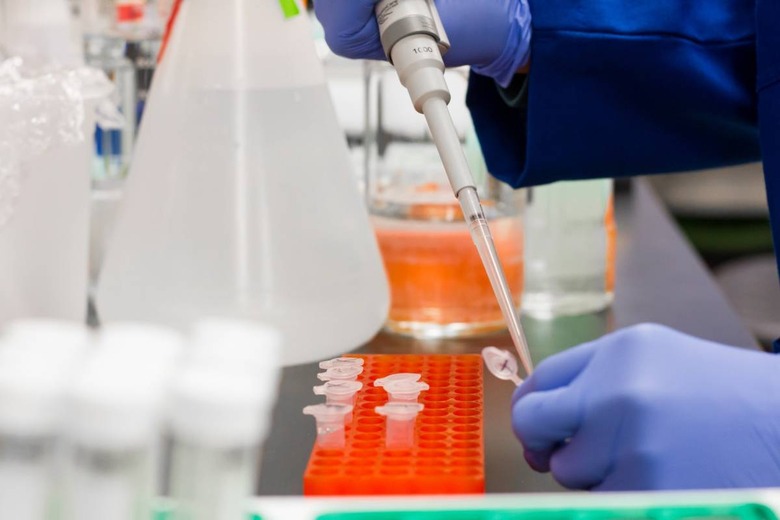Lilly COVID-19 Treatment Asks For First FDA Antibody Authorization
A new treatment for COVID-19 is seeking FDA emergency authorization, with pharma company Eli Lilly hunting early permission to get its SARS-CoV-2 neutralizing antibody into hospitals. Lilly says that a million doses of the drug, known as LY-CoV555 monotherapy, could be ready in time for treatments in Q4 2020.
Before they can be used, however, the US Food and Drug Administration (FDA) must grant LY-CoV555 so-called Emergency Use Authorization (EUA). That's the mechanism by which experimental treatments can be fast-tracked into application, which the agency has been using to prioritize potential COVID-19 drugs during the pandemic this year.
Lilly's drug is a monoclonal antibody, designed to block viruses from attaching and then entering cells in the body. In development for the past seven months, it's currently believed to be most effective at treating higher-risk patients recently diagnosed with mild-to-moderate COVID-19. The original antibody was obtained from a blood sample of a US patient, one of the first to recover from coronavirus.

It's been the subject of a completed Phase 1 study, and a Phase 2 study is ongoing. A Phase 3 study was recently begun, examining the drug's potential at preventing COVID-19 infection among residents and staff at long-term care facilities. The National Institutes of Health are also looking at LY-CoV555 in two studies of ambulatory and hospitalized COVID-19 patients.
Meanwhile, Lilly is also reading a further EUA request, for combining LY-CoV555 with LY-CoV016. That, the pharma company claims, can help reduce viral load and coronavirus symptoms, as well as cut the number of COVID-related hospitalizations and ER visits. Assuming approval, Lilly says it could have 50,000 doses of the combination therapy ready for use in Q4 2020.
"Combination supply will increase substantially in Q1 2021," the company adds. Lilly plans to submit the EUA request for combination treatment in November 2020.
"The combination therapy significantly reduced viral load at day 11 (p=0.011), meeting the primary endpoint of the study," Lilly said today. "Most patients, including those receiving placebo, demonstrated near complete viral clearance by day 11. Further, combination treatment reduced viral levels at day 3 (p=0.016) and day 7 (p<0.001)—earlier time points during the course of infection when higher viral loads are typically seen."
Data from the monotherapy and combination therapy studies is yet to be published in peer-reviewed journals, though Lilly says it is working on that. The company has inked a deal with Amgen to collaborate on manufacturing. So far, no antibody drug has been given approval under the EUA process by the FDA for COVID-19 treatment.
